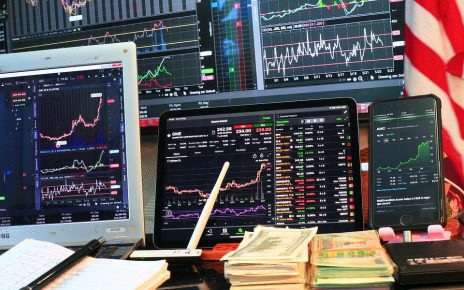- Investors are worried that a banking sector confidence crisis might lead to a recession.
- US oil stockpiles increased by 1.6 million barrels last week.
- Consumer prices in the US rose significantly in February.
On Wednesday, oil prices fell by about 5%, reaching their lowest points in almost a year. The banking sector’s confidence crisis might lead to a recession and reduced demand for energy.
Crude recovered some of their earlier losses when Swiss regulators promised Credit Suisse, whose shares had previously fallen as much as 30%, a liquidity lifeline.
Since Friday’s close, Brent has decreased by more than 10%, while US crude has decreased by more than 14%.
Additionally, the US dollar gained strength versus a group of currencies, increasing the cost of buying petroleum for people who held those currencies.
According to government statistics, US oil stockpiles increased by 1.6 million barrels last week. This exceeded the expected increase of 1.2 million barrels, adding to the market’s bearishness.
In the meantime, figures showed that when the tight COVID-19 containment restrictions were lifted, China’s economic activity increased in the first two months of 2023.
Consumption and infrastructure investment spurred recovery from pandemic disruption despite obstacles like weak global demand and a sustained slowdown in the real estate market. This helped cap some of the losses in oil.
A day after OPEC raised its projection for Chinese oil demand in 2023, the International Energy Agency informed of an expected increase in Chinese oil demand on Wednesday.
Tuesday saw a more than 4% drop in oil prices to a three-month low as recent bank failures and US inflation figures fueled fears of a new financial crisis. Investors fear this might reduce demand for oil in the future.
The shock of Silicon Valley Bank’s failure fueled investors’ worries about the financial stability of some lenders and caused large fluctuations in bank shares.
As Consumers continued to pay higher rent and food prices steadily, consumer prices in the US rose significantly in February. This presents a challenge for the US Federal Reserve, whose efforts to combat inflation have been hampered by the failure of two regional banks.
The Fed is now anticipated to increase its key interest rate by just a quarter of a percentage point next week, as opposed to the 50 basis points previously anticipated, and to deliver another increase of the same magnitude in May.




